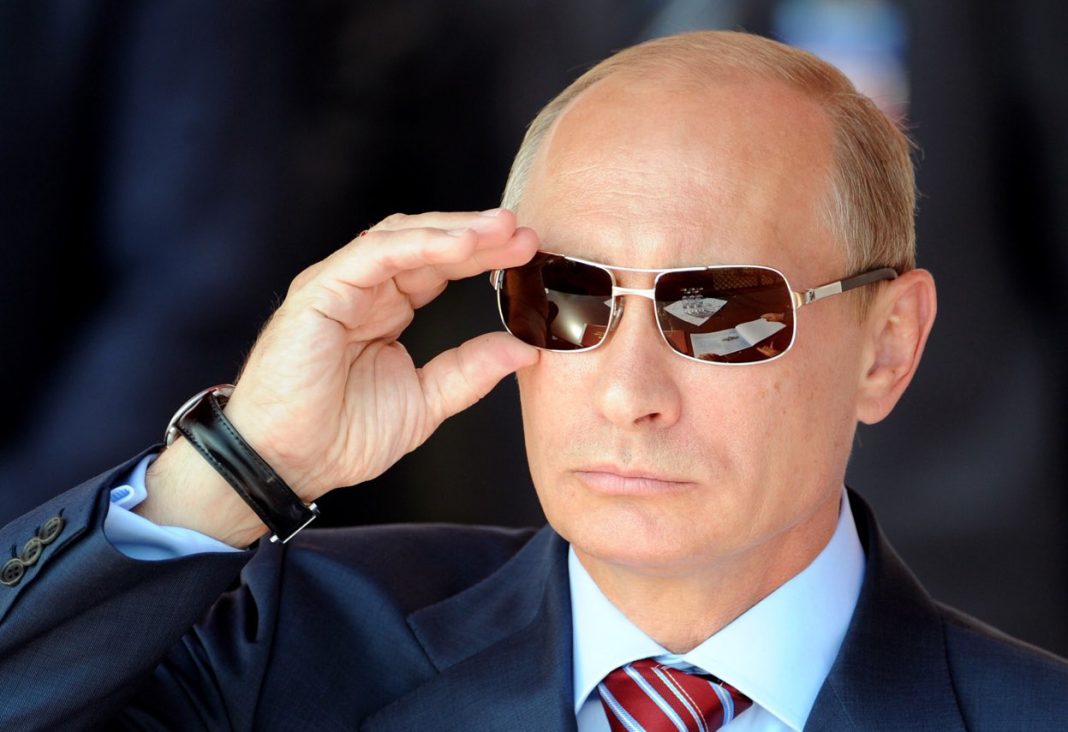As Russian shelling once again claimed lives in Kyiv—killing at least a dozen people—comments made by Russian Foreign Minister Sergey Lavrov to U.S. network CBS have caught many by surprise. “We are ready to conclude an agreement,” Lavrov stated, although he acknowledged that certain details still needed to be worked out. The announcement was unexpected, especially given the ongoing intensity of the military conflict, which seems far removed from any genuine desire to de-escalate.
So far, no official document has been released by Moscow, and the framework of a potential agreement remains unclear. According to diplomatic sources cited in the press, the main terms would include Russian control over Crimea, recognition of occupied territories in the Donbas as part of Russia, a freeze of the current frontlines, and a pledge that Ukraine will never join NATO—in other words, a deal imposed on Kyiv, far from Ukraine’s aspirations.
Ukrainian President Volodymyr Zelensky has already rejected the notion outright. For Kyiv, surrendering territory in exchange for a dictated peace is unacceptable, especially given the long-standing collapse of trust. Russia has repeatedly violated previous commitments, including the 1994 Budapest Memorandum in which it guaranteed Ukraine’s territorial integrity in return for the relinquishment of its nuclear arsenal.
Despite the toll of war and a fatigued population, Ukraine’s military situation is not as bleak as it might appear. The country has increased its domestic production of weapons—especially drones—with a target of four million units in 2024. The frontlines have remained relatively stable for months, demonstrating a notable capacity for resistance, even if the prospects for a large-scale counteroffensive are fading.
Trump applies pressure
Meanwhile, the role of the United States—and of Donald Trump in particular—remains ambiguous. The former U.S. president, now a leading contender in the 2024 election, claims to be putting “strong pressure” on Moscow, though he has not elaborated. His stance, viewed as vague by many analysts, has fueled mistrust in Kyiv. Trump appears open to endorsing a peace plan aligned with Russian demands, under the banner of stability and economic pragmatism—a position that, to many, would amount to handing Vladimir Putin a blank check.
Security guarantees are central to any future deal. However, at this stage, no credible international force seems capable of ensuring Ukraine’s long-term safety. And with Putin’s record of disregarding or violating treaties, trust remains in short supply.
Kyiv mayor Vitali Klitschko recently hinted at the idea of conceding territory to secure a temporary peace—but his remarks likely reflect war fatigue rather than an actual shift in political will. After all, conceding now could open the door to future demands.
Russia, firmly entrenched in a war economy, shows no signs of strategic exhaustion. And while international sanctions are taking a toll, they have yet to prompt any softening of the Kremlin’s hardline stance. In this context, Russia’s “peace offer” looks more like a diplomatic maneuver than a genuine effort to compromise. Lasting peace, if it is to come, cannot be built on such a glaring imbalance.


